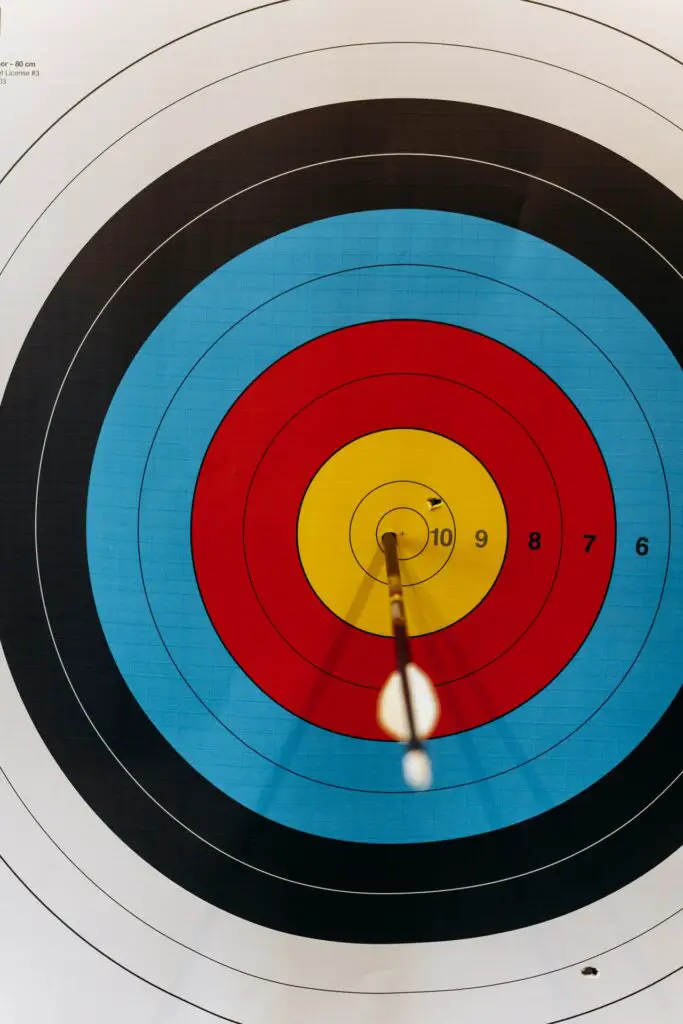Creating and keeping a budget plan is not without effort and you better have a good reason for doing so.
The main goal of using a personal budget is to balance your income with your expenses so that you can manage your savings and debt responsibly.

The golden rule of personal budgeting is to keep your spending below your income so that you have money left to save for larger spending goals such as buying a car or a down payment on a house.
Savings also includes the repayment of personal debt that you might have incurred, such as credit card debt or student loans.
A personal budget
Your personal budget is a document that has two sections, a budget plan, and the actual income and spending. You want to create a plan, what money comes into your household, and what should go out. Further, you want to hold yourself accountable for following the plan, by tracking the income and spending.
As mentioned you want to plan that your spending is below your income. Actually, You want to make sure that there is enough to cover your savings goals.
Other goals for a personal budget plan
Save for unexpected expenses
If you plan your spending, you can put aside an amount every month to cover unexpected expenses.
This budget item should not only cover spending that is infrequently, such as paying annual subscriptions or seasonal clothes shopping but also spending in case of emergencies.
For example, if one of your tires might blow and you need to replace it. Or you have an accident and you need to pay for medical treatment out of pocket.
For larger emergencies, you actually want to save up an emergency fund. This is typically a savings account, where you add regularly money until it reaches a certain level to cover larger, unexpected expenses.
How big an emergency fund you need depends on many factors. The rule of thumb is to have cash on hand for 3-6 months worth of living expenses. This way the emergency fund covers the loss of job and corresponding income.
Experience has shown that using a credit card as an emergency fund is problematic. Because carrying a credit card balance is expensive and gets more expensive if you can’t make minimum payments.
Pay back student loans
If you took out a student loan to finance your education, you need to pay that back over time. A student loan is part of your credit score and will impact your personal finances greatly.
Too much student debt can block you from making life decisions such as buying a house or even renting one. Because banks will pull your credit report and so do some landlords.
Eliminate credit card debt
When you carry a balance on your credit card, then you should make that debt repayment a priority. Because credit card debt is expensive and increases your spending by the interest you pay on that loan.
Saving for retirement
We all know that we can not work forever. There comes a time when we need income without a job. You may think of this as a dreadful moment, while others really look forward to that moment, they can leave that job behind.
Most people with a job pay into social security and count on that as income in retirement. However, social security is a safety net and may not cover all living expenses that you are used to while working.
Retirement is a major savings goal and you need a really thorough budget plan for this. Saving for and planning for retirement goes beyond a regular household budget.
For your retirement savings, you want to use more than a savings account. You want to consider investing that money into some assets that produce a return on investment to help you save faster towards your goal. But that is another topic of personal finance.
Saving for early retirement
An increasing number of Millenials see a career and to retire with a gold watch after 40 years at big cooperation, as part of their life goals.
They rather want to retire early. Many make this their main financial goal and are willing to change their entire spending habits to achieve this as fast as possible.
Early retirement is usually thought of as being free of any work that requires a daily presence. To achieve early retirement one needs to find passive income from investments that do not require active involvement.
Reaching financial independence
Many see their financial situation as dependent on a job and employment. However, for others, this is less desirable. Especially, if you depend on that monthly paycheck to come in to cover all living expenses, that can lead to financial stress.
Financial independence is peace of mind with one’s financial situation. However, there are different levels of financial independence:
- free of personal debt
- a ready emergency fund
- pre-saving for medium term expenses
- saving for long term financial goals
- the appropriate savings rate for retirement
- a high savings rate for early retirement
- enough passive income to cover living expenses for life
Many people combine financial independence with early retirement, also known as FIRE. There is a whole movement, where people find different models that make life goals independent of income from employment.
How to reach your financial goals?
There are no secrets to increase your wealth. You need to keep more of your hard-earned money.

Create a budget
A budget is all about having a financial plan and tracking it. You will need it to know where you stand right now.
You further need that plan to know if you are moving in the right direction, financially. Only comparing your actual income, spending and most importantly your saving will tell you if you succeed in your personal finances.
Set your financial goals
When you know your financial situation, you can determine what you’d like to change. If you want to reduce your debt, or if you want to save for a house your family can call home, the goals are yours to set. With a financial plan, you can calculate what it takes to get to that goal and how you are making progress.
Align your budget with your goals
With your goals in hand, you can assess the progress towards them. If your goal is to buy a house, but your credit card is maxed out and you live paycheck to paycheck, then you are not making progress.
You have to find a way to either increase income or reduce spending, to free up money that you can save towards that goal.
Increase income
Think of ways to increase income to get your budget in balance.
In the short term, you can work overtime or take up a second job. Also, consider asking for a raise.
In the medium term, you can start a side hustle or go to training to improve your qualifications. Or you can search for a better-paying job.
Reduce expenses
Look at your expenses and try to reduce them to align with your goals. Ask yourself for every expense if it is worth waiting longer to achieve your financial goals.
There is much discretionary spending, we can also live without. Especially those purchases you do to keep up with the Joneses can be cut without your life really changing.
When cutting expenses, look for the big items first. Often those are fixed expenses. So they won’t be changed fast. However, it is worthwhile to consider moving or exchanging that expensive new SUV for a used cheaper car.
How do you achieve the goal to use a personal budget?
First, you need to start with the budgeting process.
You can use different tools to create a budget.
- You can start out with a paper template and collect your data with a pen and a calculator.
- If you have a computer you can use a spreadsheet to collect the data and make the calculations right there.
- The third option is a budgeting app, for your phone or online.
However, you do it, getting started is key. You also want to stick with the budgeting process, so don’t make it more complicated than it needs to be. Start with income and savings to determine if you need a more detailed budget.
I have put together a comprehensive guide to budgeting.